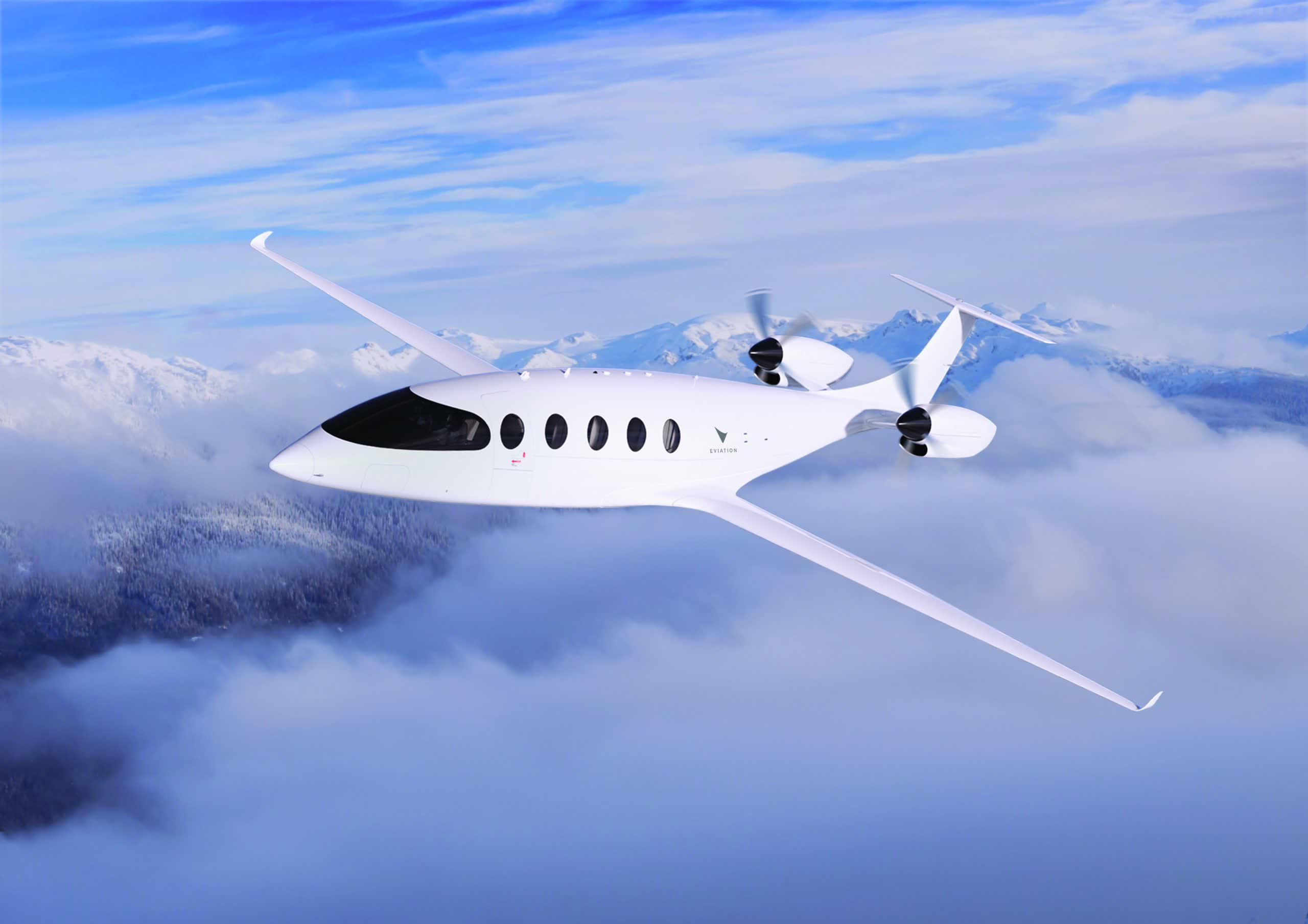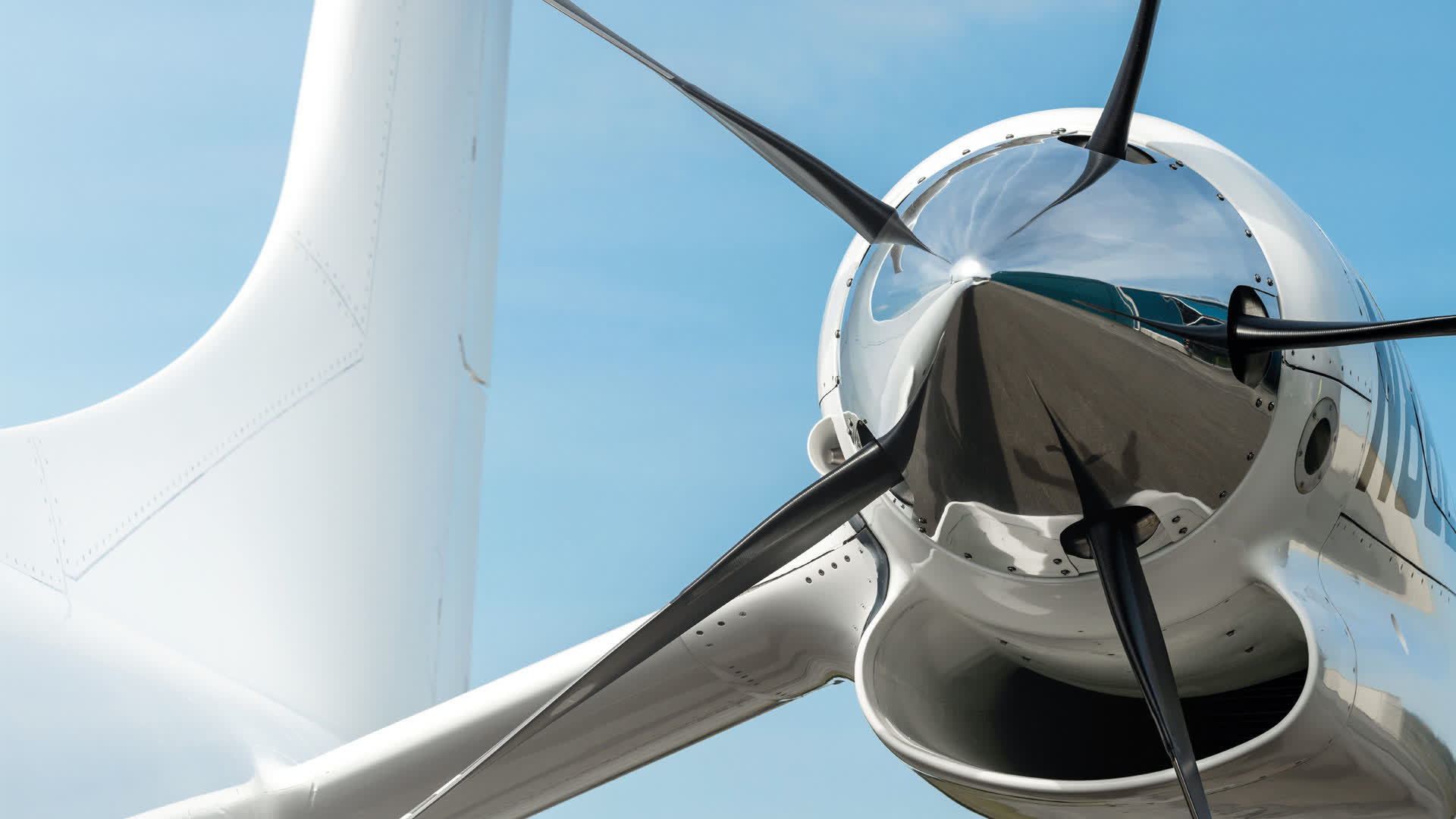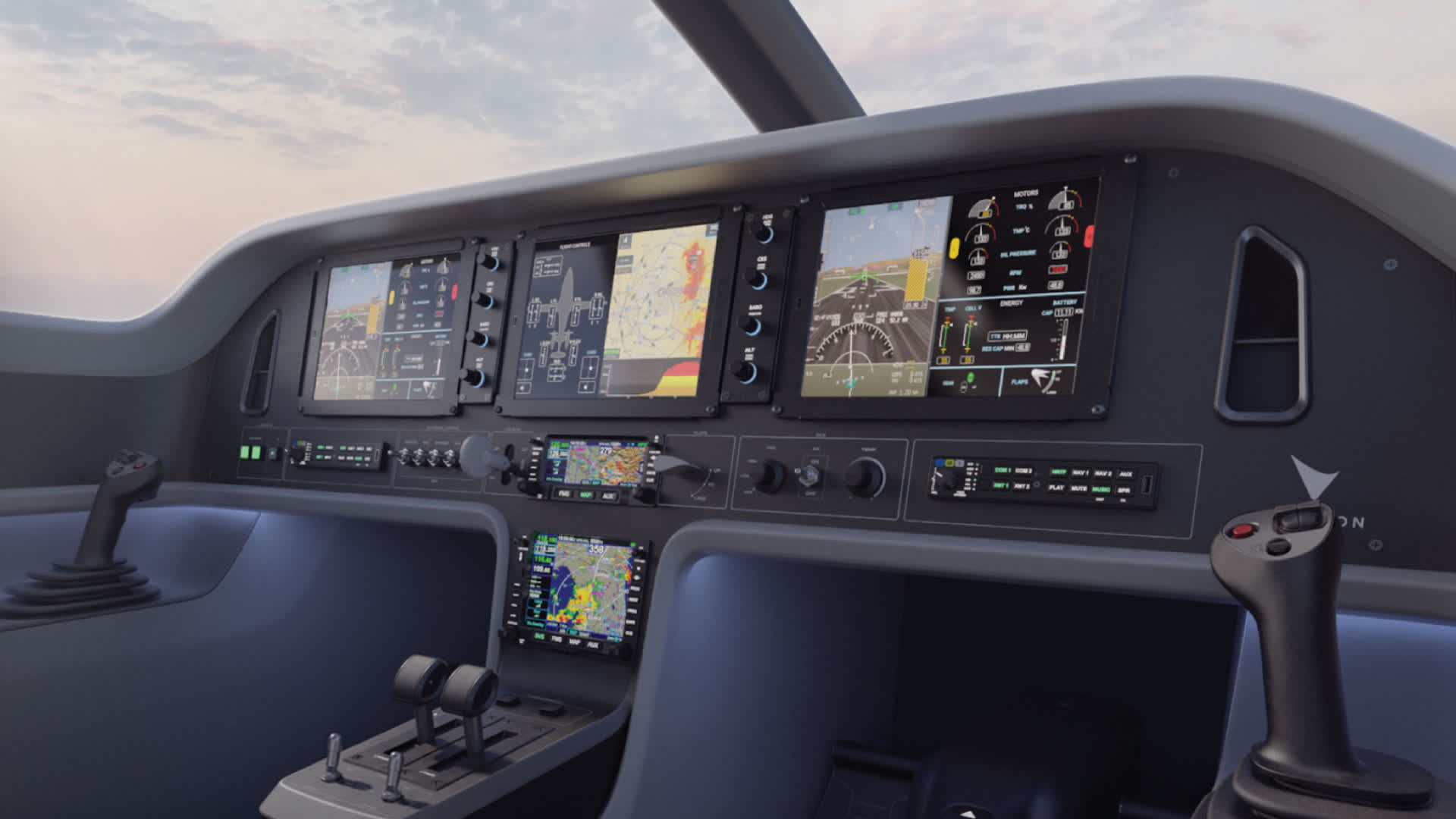The big picture: Multiple startups are racing to get electric planes into the skies, but some are closer to achieving this than others. One of the frontrunners is Eviation, which is already accepting orders for its zero-emission, fully-electric Alice aircraft. However, certification challenges mean we likely won't be flying in Alice until the end of the decade.

The most recent orders come from UrbanLink Air Mobility, a South Florida company that is doubling down on its electrification plans for urban air travel. The initial order is for 10 nine-seat variants of the Alice, with options for 10 more in the future. This represents a significant step towards the company's goal of building an all-electric mobility network across its hub cities of Miami, Los Angeles, and San Juan.
The Alice aircraft relies on a substantial 8,000-pound battery pack housed within its 57-foot frame, enabling flights of up to 440 nautical miles. While its cruise speed of 287 mph won't break any land speed records, it promises a smooth, eco-friendly ride for short-haul commuter trips under 500 miles. According to Eviation, passengers can also expect a "significantly quieter" experience, free from the roar of combustion engines.

Alice completed its first test flight in September 2022, taking off from Grant County International Airport in Washington State. During the eight-minute flight, it reached an altitude of 3,500 feet. This milestone came approximately seven years after development began in 2015.
"Our order for ten Eviation Alice aircraft completes the third leg of our all-electric operating plan, giving us the ability to offer 9-seat, zero-emission flights across our network," said Ed Wegel, UrbanLink's founder and chairman. "Together with our regional eVTOL aircraft and electric sea vessels, we will provide seamless, sustainable travel options across the regions we serve, setting the stage for a fully integrated, eco-friendly travel experience."

Eviation's CEO, Andre Stein, celebrated the deal as "a significant milestone in our shared vision of creating a sustainable and efficient transportation network."
However, Alice still faces several key hurdles before it can take to the skies en masse. In July, Stein announced that the company anticipates certification for the plane to occur around 2028. This timeline represents a delay from earlier projections, which had Eviation flying a production-ready prototype by 2025 and achieving full certification within two years thereafter.
With over 600 orders worth $5 billion already secured from companies like Air New Zealand, DHL, and Cape Air, the momentum appears to be building.
In addition to Eviation, Joby Aviation is also making significant strides in electric aviation. While Joby specializes in all-electric aircraft, it recently completed a groundbreaking 523-mile flight across California using a new hydrogen variant.
Electric 9-seater planes are on the way, can fly up to 500 miles on a full charge